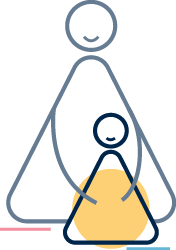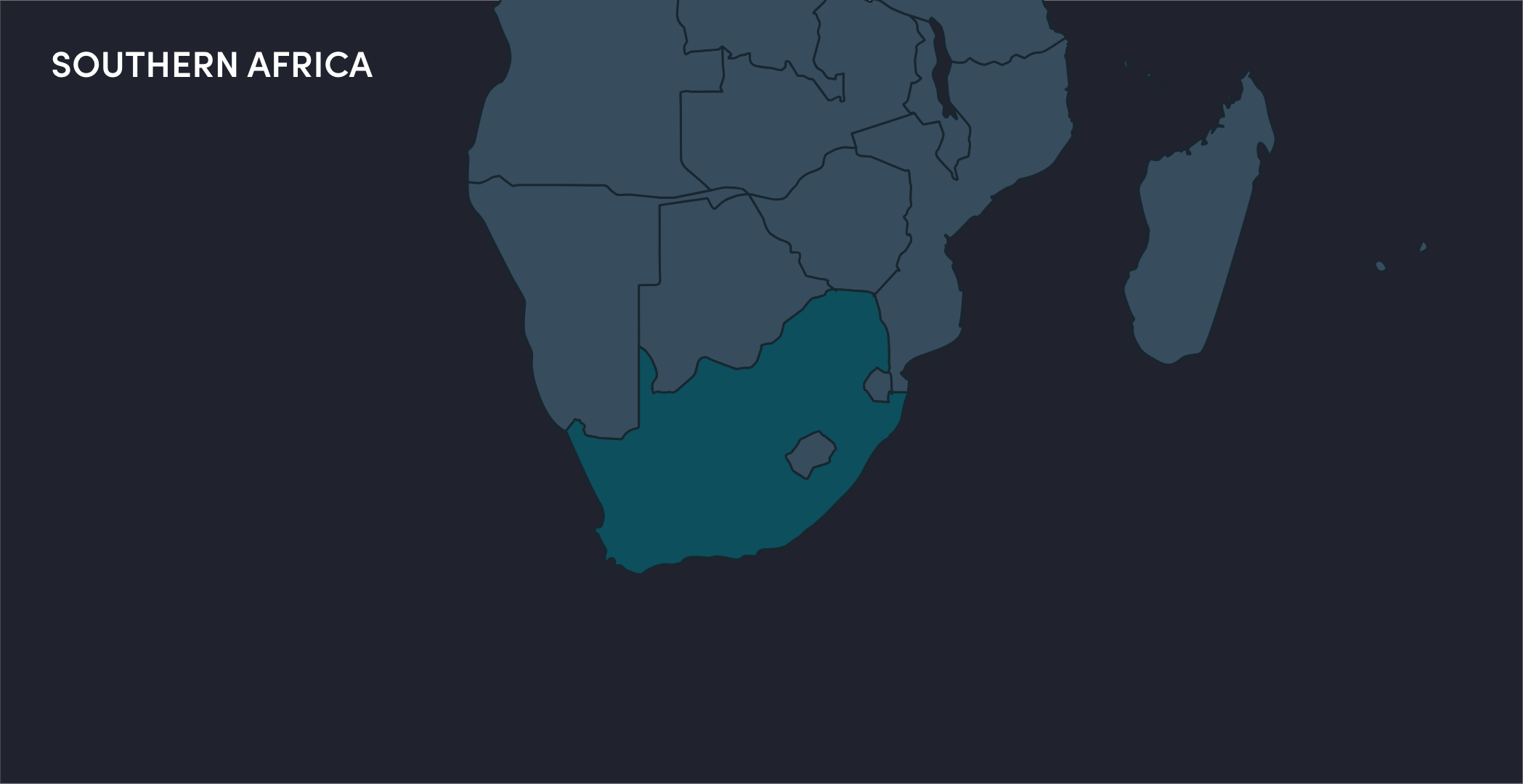It is estimated that 10-15% of children experience sexual assault in South Africa. South African researchers and service providers acknowledge that males between 15 and 20 years of age are often perpetrators of child sexual abuse. Several factors have been attributed to this high rate of abuse, including prevailing patriarchal notions of masculinity, exposure to community and domestic violence, undiagnosed mental health issues, lack of impulse control and poor judgment.
The Support Programme for Abuse Reactive Children (SPARC) offers a combination of individual, group and family sessions, as well as extracurricular activities for children and adolescents who have committed, or are at risk of committing, a sexual offense. Evaluation research results have highlighted several positive outcomes from this program, including decreased recidivism, positive attitudinal and behavioral shifts and increased positive interactions with families.

REDUCED RECIDIVISM
According to survey results, 95% of program participants did not commit further sexual offenses 1-2 years after the program had ended.

IMPROVED ATTITUDES AND REDUCTION OF HARMFUL BEHAVIORS
The intervention led to a significant increase in participants’ self-confidence, prosocial behavior, and positive gender-related attitudes. In addition, participants improved their ability to cope with issues and devise constructive solutions. Additional impacts showed an increase in school and church attendance and a decrease in substance use.

INCREASED ENGAGEMENT WITH FAMILIES
The intervention led to an increase in family engagement, communication and supervision, as well as positive discipline strategies.
Strong cross-sector coordination and reliable tracking systems for child sexual offenders must be an integral part of child protection systems in order to identify perpetrators and design effective intervention strategies.
Interventions should consider providing logistical support and other program incentives to increase the participation of working caregivers.
A strong evaluation design, involving a control group, is required to validate claims of program impact.
Programmatic linkages and referrals to additional services are critical to ensure and sustain positive impacts and to address unintended negative consequences. For example, participants expressed feeling isolated from their peer group following completion of the program.
The Support Programme for Abuse Reactive Children (SPARC) is a diversion program established by the Teddy Bear Clinic (TTBC) in Johannesburg, South Africa. It aims to encourage low-to medium-risk child sexual offenders from 10-18 years of age to understand the consequences of their behavior and to equip them with a range of psychosocial skills and resources.
The approach builds on preventive, holistic and inclusive program principles and positive male role models. A creative curriculum includes modules on social skills and empathy training, cognitive restructuring, impulse control, conflict resolution, and acknowledging behavior. Concepts of masculinity, male sexuality, and relapse prevention are also explored. Specific activities include individual therapy, alternative (boxing, music, and art) therapy, and group and family interventions.
Shaheda Omar, Clinical Director, The Teddy Bear Foundation
shahedao@ttbc.org.za
ttbc.org.za
To learn more about this project and its findings, please download our evidence brief or view the full report.





